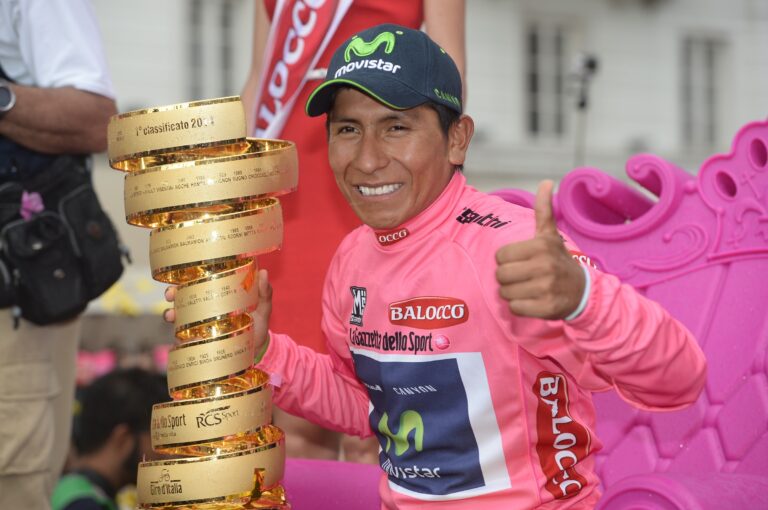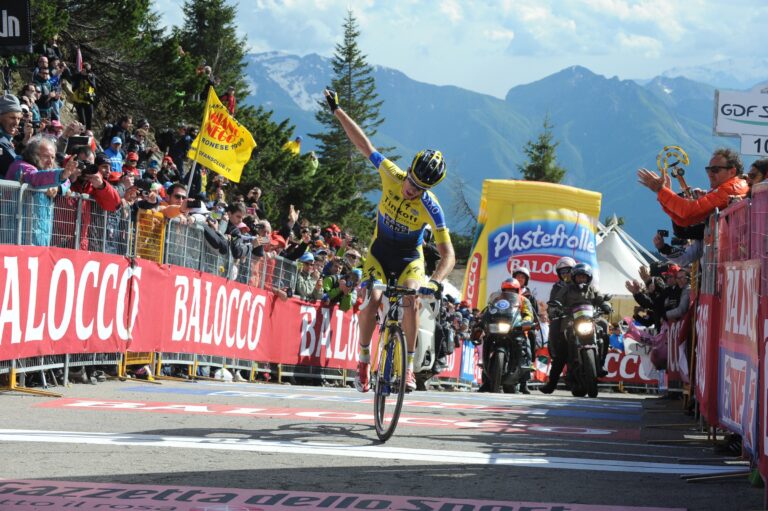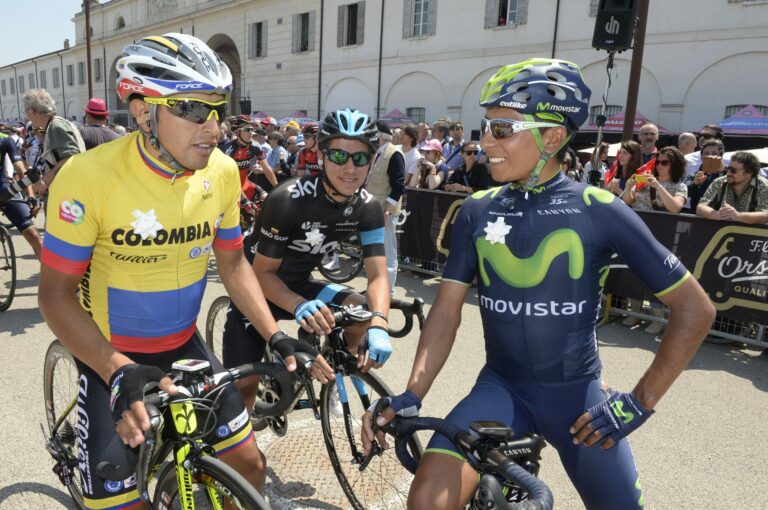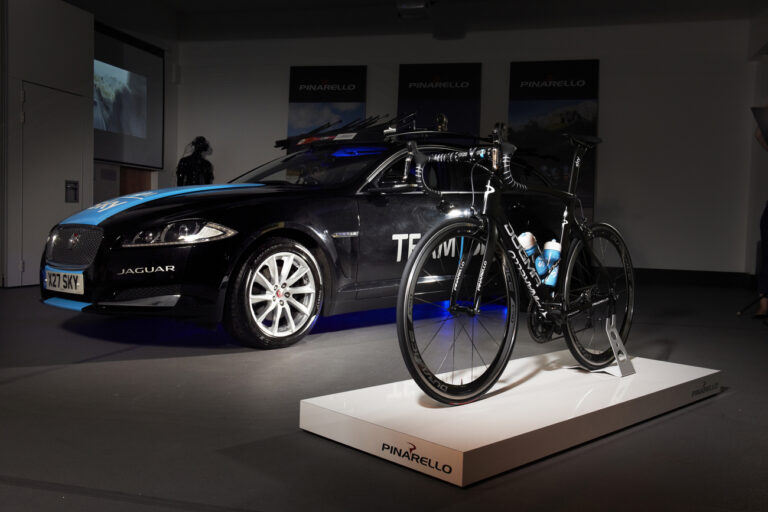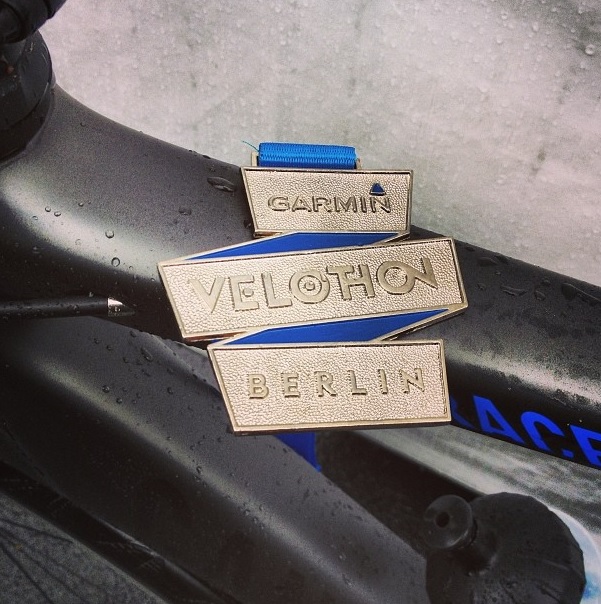With Chris Froome (Team Sky), Mark Cavendish (Omega Pharma-Quickstep), and Adam Yates (Orica-GreenEDGE) all climbing to the top step of the podium yesterday, British cycle sport celebrated another hugely successful week.
The degree to which such events have become routine speaks volumes about Britain’s reputation as a cycling super power. That victory for Froome and Cavendish was expected is a testament also to the talents of those riders. But Adam Yates’ surprise overall triumph at the Tour of Turkey is perhaps more significant.
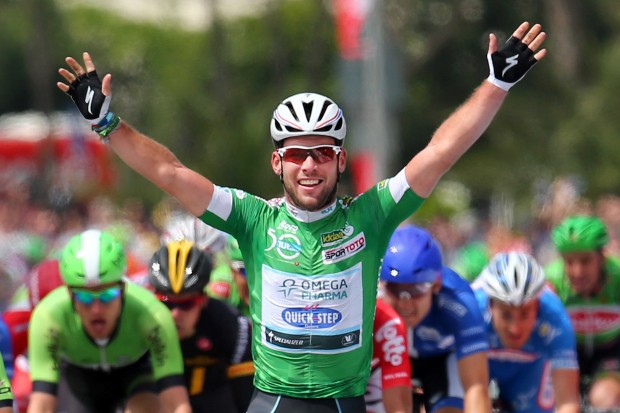
A neo-pro who, with his brother, Simon, surprised many by selecting the Australian WorldTour outfit Orica-GreenEDGE, instead of making an expected graduation to Team Sky as they acceded to the professional ranks, Yates earned victory with a hugely impressive stage win on stage six.
The Bury-born rider attacked on the climb to Selçuk to pull out an advantage over Rein Taaramae (Cofidis). The Estonian launched a valiant fight-back and in his naivety, Yates came perilously close to missing out on the leader’s jersey by slowing down as the finish line drew near. Had Yates been competing in a WorldTour event, he would undoubtedly have received an urgent message from his directeur sportif to keep pedaling, but in the absence of race radio, Yates relied on fortune to claim the leader’s jersey by a single second.
Mark Cavendish was back in the spotlight on stage eight, a rain-hit circuit race on the streets of Istanbul. Having already claimed three stage victories in his comeback race, the British road race champion sealed overall victory in the points competition with win number four, seeing off the challenge of the man to whom he had lost out in the previous bunch finish, Elia Viviani (Cannondale).
Cavendish’s measured analysis of his reverse to the Italian spoke volumes about the Manx Missile’s attention to detail. Concluding that his key strength lies in his ‘jump’ – the sudden acceleration that only Marcel Kittel (Giant-Shimano) has an answer for – Cavendish delayed reaching top speed for a further 50 metres in the Istanbul finale.
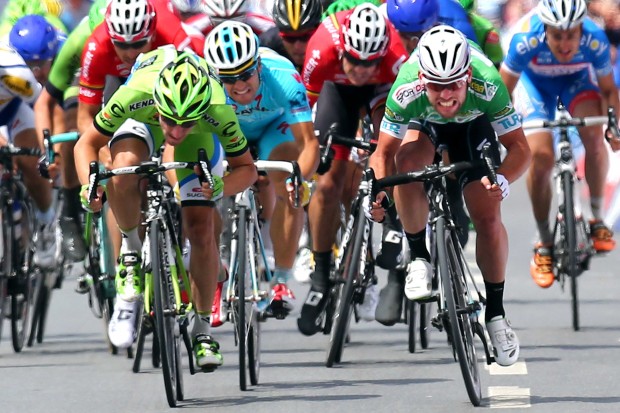
“I was able to sit longer than I thought,” Cavendish said. “I thought I was going to have to go at 250, just when I could see the finish line. But Ale [Petacchi] was still going and going faster. I looked behind, saw some faces, and I knew I could sit for 50 meters more and use my explosiveness.”
By crossing the line in seventeenth place and finishing with the same time as Cavendish, Yates added a further four seconds to his advantage over Taaramae. The Englishman had ridden sensibly on a rain-hit final stage, keeping out of trouble and riding in a protective bubble of team-mates to seal overall victory in the fiftieth edition of the Turkish national tour.
Yates said the team hadn’t arrived in the Aegean to target the overall victory, but found that a combination of high finishes on the flat stages and all-out assaults in the mountains had delivered GC success. “I can’t thank the team enough,” Yates said. “Hopefully there is more like this to come.”
Nearly 2,300 miles away in western Switzerland, Chris Froome was putting the finishing touches to a successful defence of his Tour de Romandie title. The Team Sky leader began the final stage – a hilly, 18.5km time trial around Neuchâtel – a single second behind race leader, Simon Spilak (Katusha), having been pipped on the line by the Slovenian on stage three.
Froome had been expected to overcome his deficit to Spilak, but still more impressive was his victory over world time trial champion, Tony Martin (Omega Pharma-Quickstep). By beating the German in his specialist discipline, the Team Sky leader proved that he had returned to his very best form – some achievement, given his withdrawal from Liege-Bastogne-Liege on the morning of the race just six days earlier.
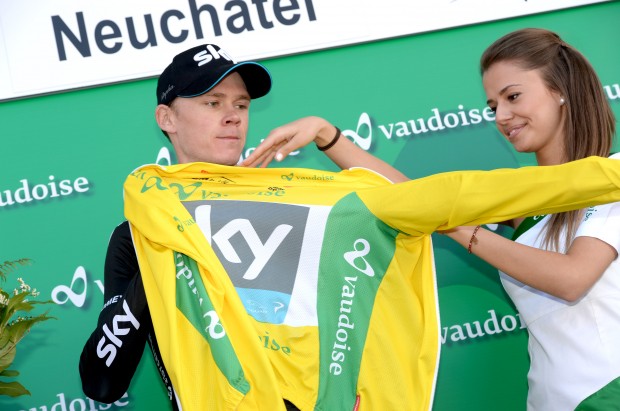
Team Sky will now look to the future and the defence of Froome’s Tour de France title with renewed confidence. His lieutenant, Richie Porte, rode aggressively throughout the Swiss race on his own return to competitive action after illness that has robbed him of the consistent form that would have seen him lead the British team at the Giro d’Italia.
“This has been a really hard period for me recently,” Froome said. “I have had a chest infection and I have had problems with my back this season, so it hasn’t been very easy. I have worked really hard to get back to this kind of condition. I just hope that I can continue to build towards the Tour de France.”
One week, two races, three British winners. Events in Switzerland and Turkey have provided further evidence that British riders are the best in the world. The cyclical nature of sport means that this is unlikely always to be the case, but the continued success of Froome, untroubled by the ‘difficult second album’ syndrome that derailed Bradley Wiggins’ 2013 campaign, and of Cavendish, a rider for whom victory is a necessary rather than desirable outcome, and of the party-crashing of Yates, shows a nation’s riders in rude health.

